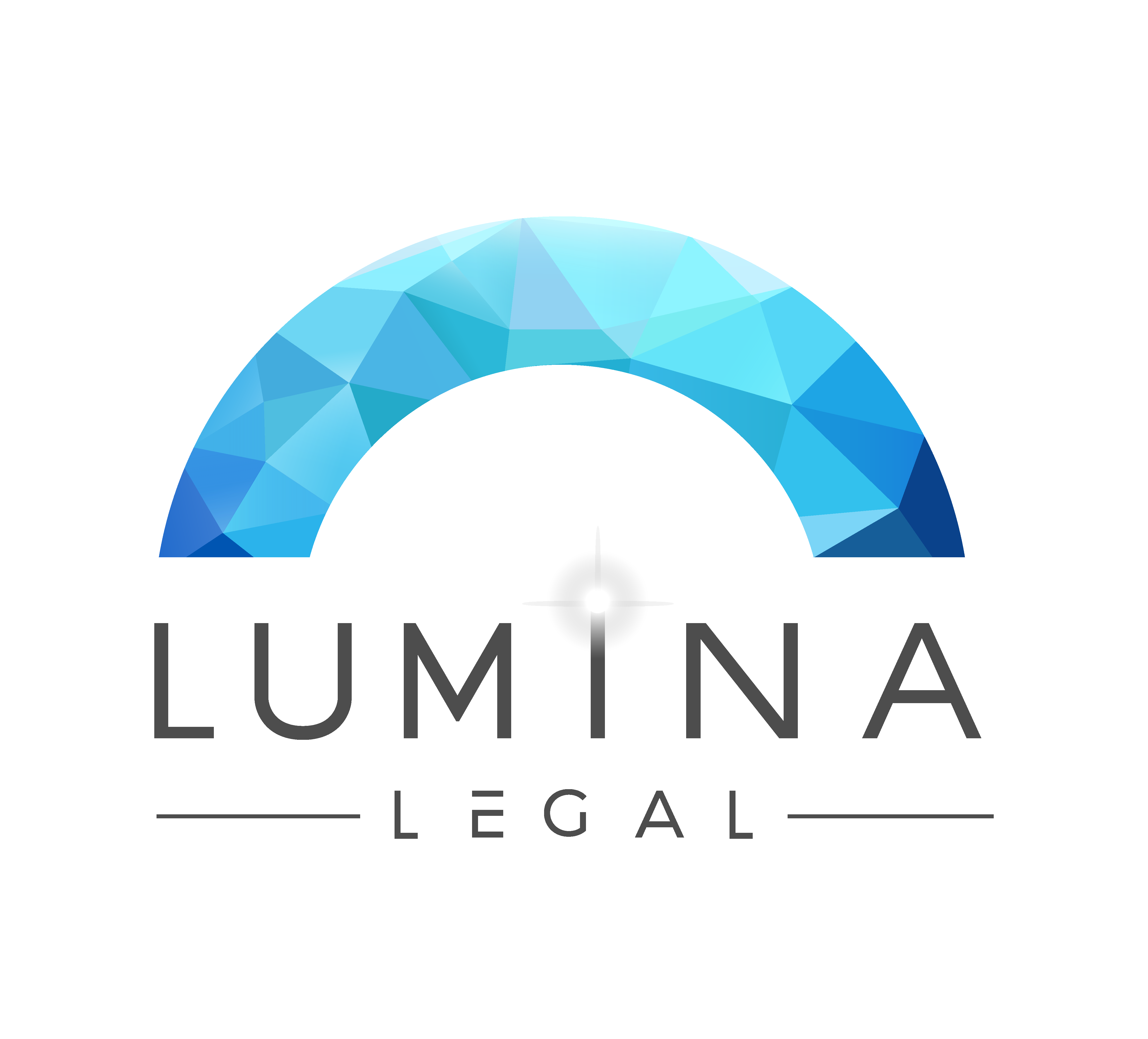
Expert Legal Advice for Seattle Startups and Entrepreneurs
Here at Lumina Legal we specialize in providing expert legal advice to startups and entrepreneurs in Seattle. In our daily practice, we see the challenges and opportunities that arise when running a business in this community. Seattle is renowned for its entrepreneurial spirit and thriving startup ecosystem, making it an ideal place for budding businesses to flourish. However, navigating the legal landscape can be complex and overwhelming, which is why seeking expert legal advice is crucial for startup success.
Legal Considerations for Seattle Startups

Starting a business in Seattle requires careful attention to legal considerations. From choosing the right legal structure to safeguarding intellectual property, there are several critical steps that entrepreneurs should take to protect their interests and ensure compliance with local laws and regulations.
selecting the appropriate legal structure
One of the first decisions a startup founder must make is selecting the appropriate legal structure for their business. Whether it’s a sole proprietorship, partnership, limited liability company (LLC), or corporation, each structure has its own benefits and implications. By seeking expert legal advice, entrepreneurs can make informed decisions about the legal structure that aligns with their business goals and provides the best liability protection.
Intellectual property protection
Protecting intellectual property is another vital aspect for Seattle startups. In a city known for its technological advancements, safeguarding innovative ideas, patents, trademarks, and copyrights becomes paramount. An experienced attorney can help entrepreneurs navigate the complex world of intellectual property law, ensuring that their valuable assets are adequately protected.
compliance of employment laws
Additionally, compliance with employment laws is essential for startups hiring employees in Seattle. Understanding wage and hour laws, employee classification, and ensuring compliance with anti-discrimination laws are crucial to avoiding costly legal disputes down the line. Professional legal guidance can assist startups in drafting employment contracts, establishing sound HR policies, and staying in compliance with local and federal regulations.
Expert Advice for Seattle’s Tech Entrepreneurs: Staying Ahead of the Legal Curve

Seattle’s vibrant tech scene is a hotbed for innovation and entrepreneurial activity. Tech startups face unique legal challenges, including privacy and data protection, software licensing, and compliance with industry-specific regulations. Seeking expert legal advice tailored to the tech industry is invaluable for entrepreneurs navigating this dynamic landscape.
When it comes to privacy and data protection, understanding and complying with regulations such as the California Consumer Privacy Act (CCPA) and the European Union’s General Data Protection Regulation (GDPR) are crucial for businesses that handle personal data. An experienced attorney can guide tech startups in implementing privacy policies, drafting compliant terms of service, and establishing data protection protocols.
Moreover, software licensing agreements play a significant role in the success of tech startups. Properly drafted agreements can protect intellectual property rights, define permitted use, and establish clear terms for licensing software to clients. Legal professionals can ensure that these agreements align with the startup’s business objectives and offer robust protection against infringement.
The Role of Legal Advice for Seattle Entrepreneurs

Expert Legal advice for Seattle entrepreneurs goes beyond mere compliance and risk management. Expert legal guidance plays a vital role in fostering growth, mitigating potential legal disputes, and positioning startups for long-term success.
Entrepreneurs who seek professional legal support benefit from comprehensive contract drafting and negotiation. From vendor agreements and partnership contracts to client contracts and investment agreements, legally sound contracts protect the interests of startups and minimize the risk of future disputes.
Furthermore, legal advice is instrumental during critical stages of a startup’s journey, such as fundraising and mergers and acquisitions. An attorney experienced in these areas can guide entrepreneurs through the intricacies of equity financing, venture capital negotiations, and exit strategies, ensuring the best possible outcome for the business.
Conclusion
Seattle’s vibrant startup ecosystem provides countless opportunities for entrepreneurs to thrive. However, navigating the legal landscape requires expert guidance to safeguard business interests, protect valuable assets, and stay compliant with local and federal regulations. Professional legal advice is invaluable for entrepreneurs seeking to maximize success in the tech hub of Seattle.


Recent Comments